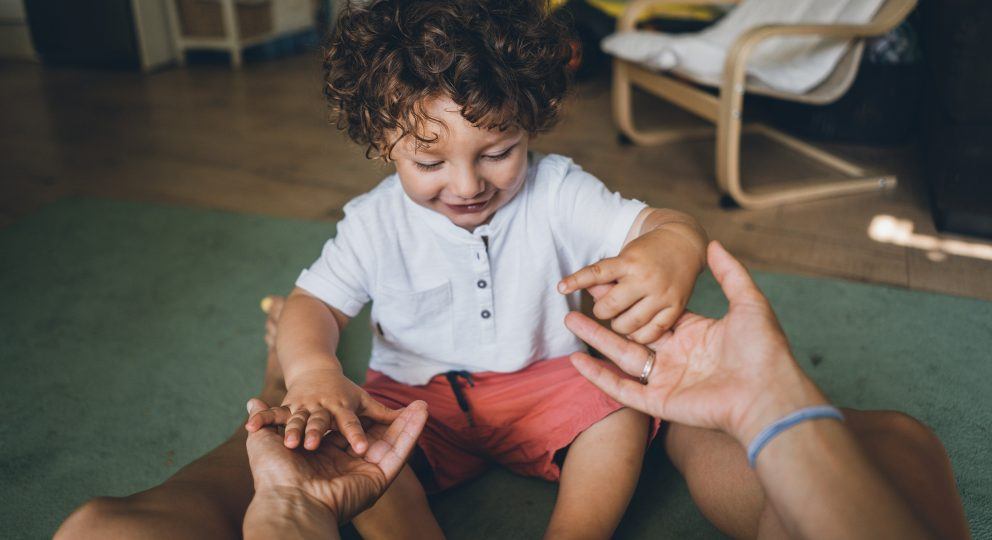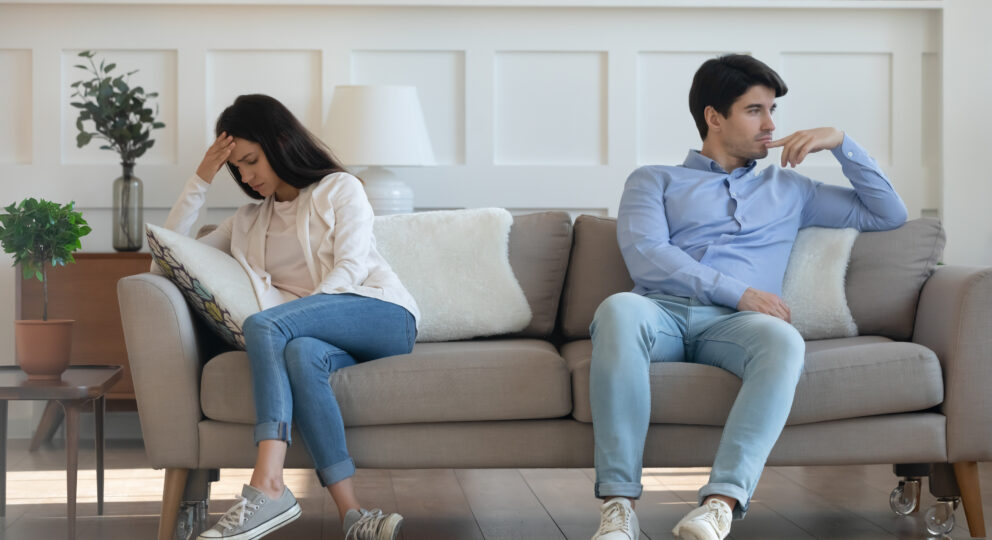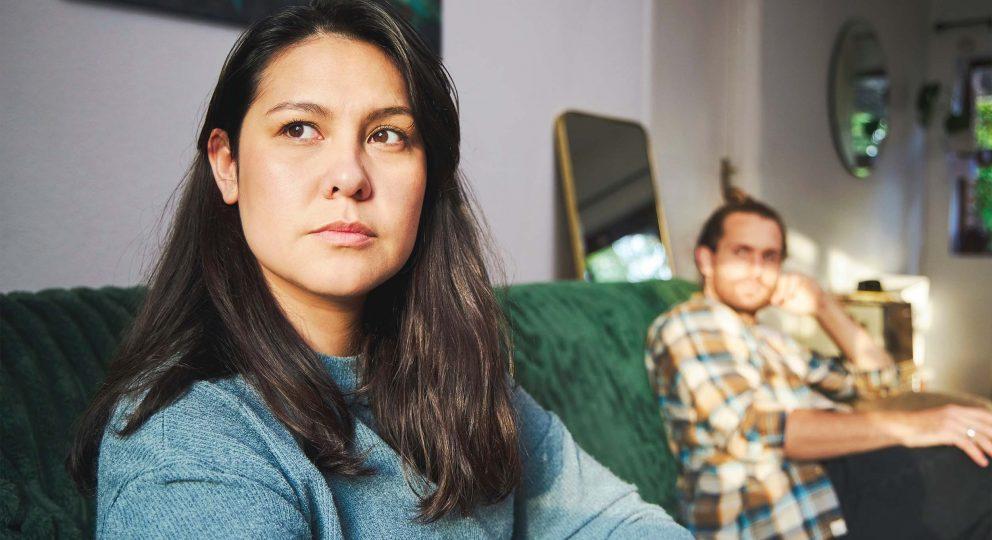A few weeks ago, I agreed to write a post for this website about the experience of co-parenting with love: how to maintain a family unit during times of separation.
Originally, I had a plan, and it did not involve social distancing, closures or any kind of lockdown. I was going to firstly offer facts: explain that my wife, B, and I no longer co-habit, but live very near one another and our (2-year-old) son goes between homes.
Next, I was going to examine the logistical and emotional challenges of this new set-up, including making family time a priority. I wanted to explore how it was possible to move beyond romantic mistakes and the commonplace devastation that comes along with a change of heart (or two), particularly when there are children involved. I intended, also, to wax lyrical about how, when determined and humble enough, two parents can re-envision a family’s shape without removing all its edges. That includes when both parents are now in relationships with other people. It can be done, though it may take time.
I’ll be honest: we were already struggling. And now so much has changed, within weeks. What with the current pandemic and the lockdown status in the UK, the picture outlined above is covered by a fresh, thick layer. B and I are no longer just transitioning from a romantic relationship into a loving friendship, but now attempting this feat amidst an extraordinary backdrop of social isolation and anxiety, and insecurity around work, money, and childcare. Understandably, it is harder than ever to remain mindful and gracious with one another, particularly since both of us are now, thanks to lockdown, physically estranged from our new(er) romantic others.
Are we alone in our more complex family set-up? Hardly, there are huge numbers of co-parents and/or blended families across the world who need to maintain consistency for their children whilst also keeping them safe and adhering to new legislation and fast-changing advice. In his address, British Prime Minister Boris Johnson told families they could go for runs/cycle rides “as a household,” but didn’t tell anyone if young children could move between two households, where appropriate. This lead to high anxiety, for many, who wondered if one parent was either to be separated from their children (unthinkable) whilst (perhaps equally unthinkable) the other one had to do everything, full-time.
Thankfully, some clarity arrived hours later, via the internet, suggesting that for co-parents, moving under 18s from one parent’s house to another is classed as providing care/help to a vulnerable person.
But still, the pressure is on. Now we are no longer only grieving our marriage, but other losses on a global scale. The space B and I need, to grieve and heal our twelve-year-long relationship, and to allow it to evolve, is being tightly squeezed by external pressures; widespread fear, a lack of work and all the usual things to do. Yet there is a sense running alongside this that we all need to be better, stronger, and more compassionate than ever! In essence, we are required to step up when we are feeling most like lying down, something that I suspect applies to each and every family, since being forced to remain in close proximity with loved-ones for weeks is arguably just as challenging as enforced separation or other complicated scenarios.
So we wait, and watch, and grow. Some families will become more unified, and others might break apart and reconfigure. One town under quarantine in China, Xi’an, reported unusually high divorce requests, and I suspect that isn’t a coincidence. Rather, these extraordinary circumstances will amplify all existing interpersonal dynamics – positive or negative – and it is our choice whether we wish to use this as an opportunity to notice and nurture such dynamics and do what’s necessary to help them shift.
To put it another way: whatever the set-up that families find themselves in just now, we must find a way to keep a strong vision of who we are and how we wish to behave, without either falling back into old patterns or self-combusting totally. Yet it is hard, trying to hold emotional boundaries under such extreme conditions, and when physical boundaries are changing so rapidly around us too.
Just because we are all being told to stay put in our houses, doesn’t mean our heart’s growth too must be stunted. Quite the opposite in fact – with more time for reflection and recalibration, perhaps, we can take even better care of our hearts and those of the people around us. I hope, and intend, that B and I will work through the gnarly parts of our changing relationship more quickly and kindly, precisely because of the extra challenges we now face. The landscape around us may have dramatically altered but we can still commit to this path of loving separation and the gentle re-shaping our family. Such a commitment is important, not least for our son, who is still getting used to his new normal, which includes two houses, two bedrooms, two sets of toys and two gardens. He can keep pictures of us all in both homes. We will still talk to him about the other parent when they aren’t around and we will pull him into hugs. At the moment, we can’t have family dates out and about in Central London like we planned but we can still spend scheduled time as a little unit.
We went into this crisis as a family, including a two-year-old child and his two recently separated parents, and we’ll come out of it as a family, including a three-year-old child and his two slightly-less-recently separated parents. What happens in between is ever-changing, and unwritten – all we can do is set an intention, every day, and try our best. Love. Forgiveness. Boundaries. Hope. That’s what this – and every – family needs, surely regardless of who lives where?










